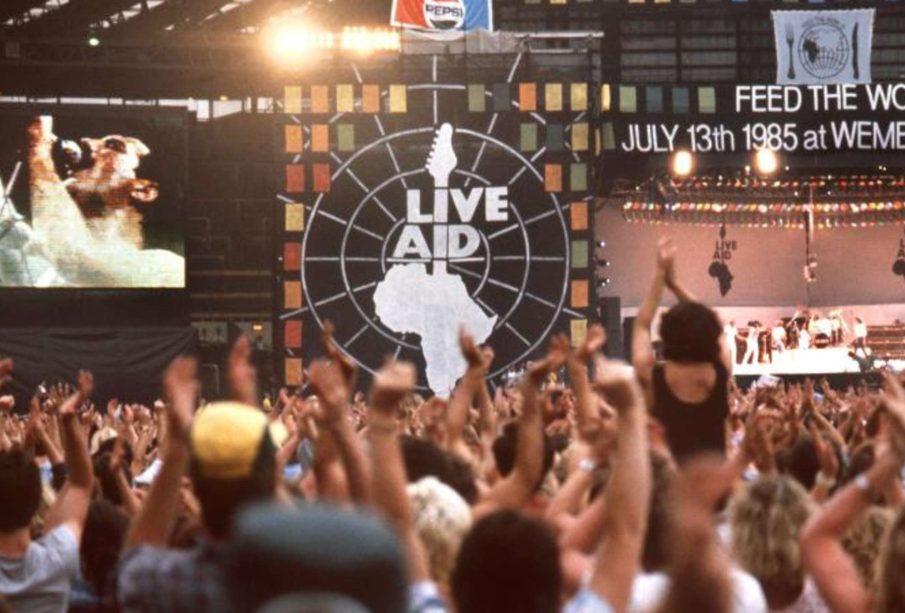Live Aid: Remembering an Iconic Concert for Change

The Importance of Live Aid
Live Aid, held on July 13, 1985, stands as one of the most significant music events in history. Organised by musicians Bob Geldof and Midge Ure, it aimed to raise funds for famine relief in Ethiopia, a country struggling with devastating drought and famine. The concert was not only a response to a humanitarian crisis but also a demonstration of the power of music to unite people across the globe and inspire action for a common cause.
A Global Effort
Live Aid featured performances from some of the biggest names in music, including Queen, U2, David Bowie, and Elton John, across two venues: Wembley Stadium in London and John F. Kennedy Stadium in Philadelphia. The concert attracted an estimated audience of 1.5 billion viewers through television broadcasts in over 150 countries. The event raised an impressive £150 million (approximately £450 million today) for famine relief, funding both immediate food aid and long-term agricultural development projects.
Impact on Charitable Initiatives
The success of Live Aid has been credited with paving the way for future charity concerts, setting a precedent for similar events such as the Concert for Bangladesh and the more recent One World: Together at Home. The power of celebrity combined with a seemingly apolitical cause allowed the event to transcend national boundaries, drawing attention not just to the plight of Ethiopia but also to the broader issues of poverty and humanitarianism.
Legacy and Significance
Over the years, Live Aid has remained a point of reference in discussions about global responsibility and the role of musicians in activism. Documentaries and retrospectives have revisited the event, analysing its impact and the legacy it left behind. The concert is remembered as not just a significant moment in music history, but also a powerful example of how art can mobilise people for social change.
Future Implications
As the world continues to face complex humanitarian crises, the ethos of Live Aid remains relevant. Today, artists around the globe continue to use their platform to advocate for change and raise funds for various causes. The initiative serves as a reminder that, even decades later, music can serve as a beacon of hope and a catalyst for action. Future generations can take inspiration from the collaborative spirit of Live Aid, demonstrating that collective efforts can indeed translate into tangible change.








